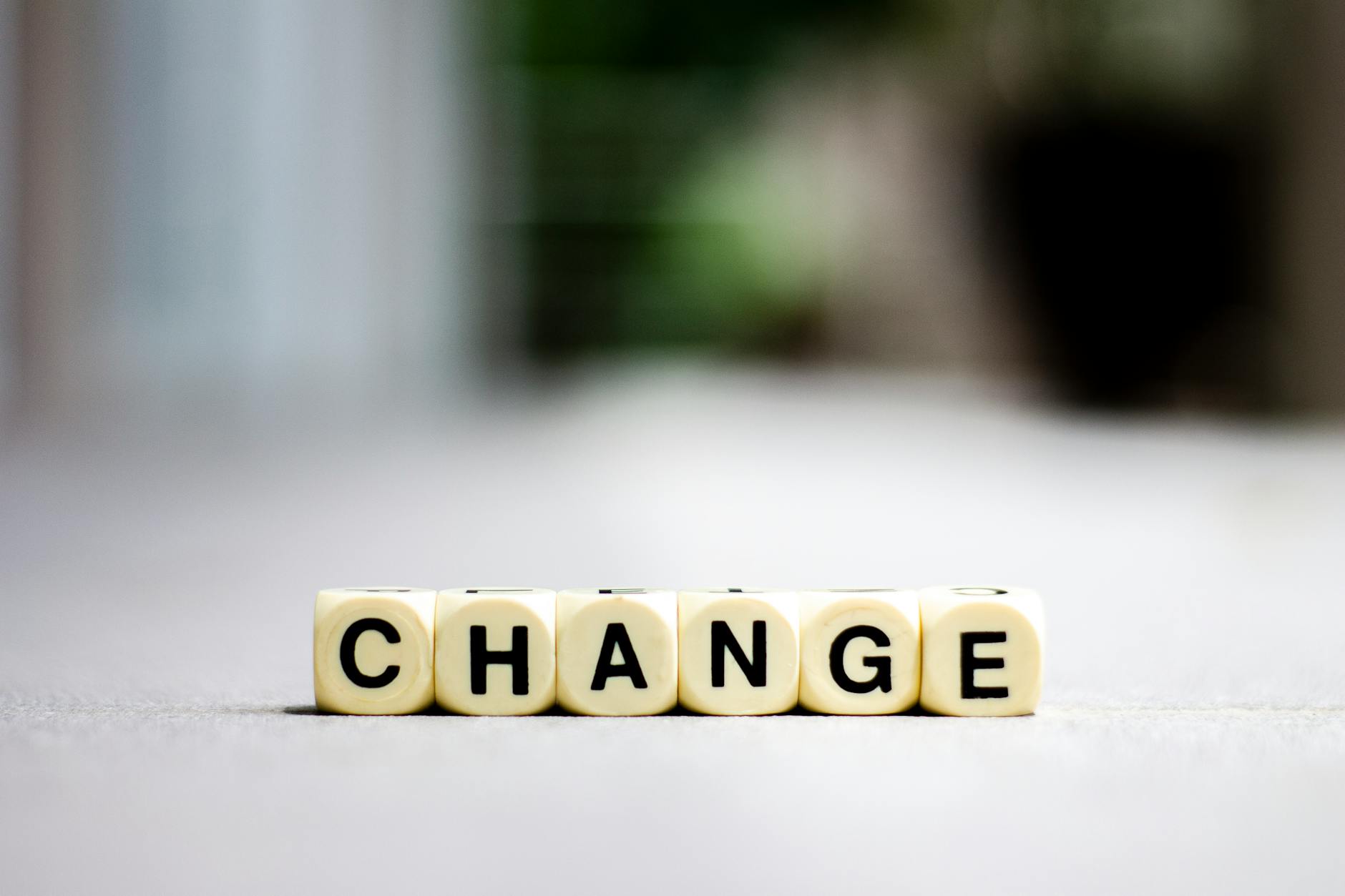September Happy Things

I just found this post that I started, but never actually finished. Ooops! It happens. If my routine changes, things tend to slip through the cracks. I’ll share the list of September Happy Things that I started, but I’m sure it is incomplete. I try not to beat myself up too bad when I slip … [Read more…]





